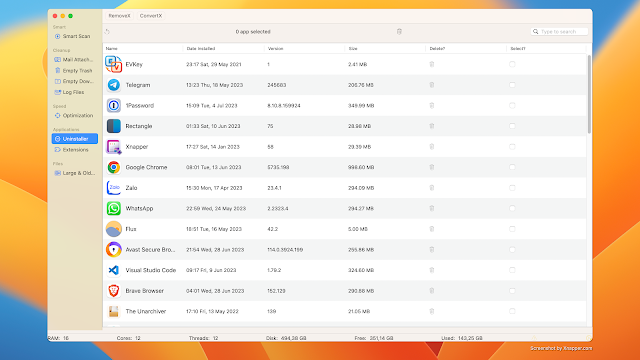The Evolution of LLMs Over the Last 12 Months
The evolution of Large Language Models (LLMs) over the last 12 months has been a fascinating journey, marked by advancements in both research and applications. From improved architectures to novel use cases, let's delve into the key developments that have shaped the landscape of LLMs.
1. Architectural Advancements:
Over the past year, there have been significant strides in refining LLM architectures. Researchers have been experimenting with novel approaches to enhance model performance, efficiency, and training speed. Transformers, the foundational architecture for LLMs, have seen various modifications to address limitations and improve overall capabilities.
2. Scaling Up:
One notable trend has been the continuous effort to scale up LLMs. Larger models, such as GPT-4, have been introduced, pushing the boundaries of what was previously thought possible. Scaling up not only improves the model's capacity to understand context but also contributes to achieving state-of-the-art results across various natural language processing (NLP) tasks.
3. Fine-Tuning and Specialization:
Researchers and practitioners have increasingly focused on fine-tuning LLMs for specific domains and tasks. This trend has led to more effective and efficient models tailored to particular industries, such as legal, medical, or technical fields. Specialized LLMs demonstrate improved performance in understanding and generating domain-specific language.
4. Multimodal Capabilities:
The integration of multimodal capabilities has been a notable evolution. LLMs are no longer limited to processing only text but are increasingly adept at handling diverse types of data, including images and audio. This enables them to provide a more comprehensive understanding of information and context.
5. Ethical Considerations:
The responsible use of LLMs has gained prominence in the last year. Ethical considerations, including biases in training data and potential misuse of AI, have prompted researchers and developers to implement measures to mitigate these issues. The focus is not only on technological advancements but also on ensuring the ethical and fair deployment of LLMs.
6. Real-world Applications:
LLMs have found applications in a wide array of fields beyond traditional NLP. From creative writing assistance to code generation and conversational AI, the versatility of these models continues to expand. The last 12 months have seen increased adoption and integration of LLMs in various industries and sectors.
7. Open-source Initiatives:
The open-source community has played a crucial role in the evolution of LLMs. Continuous collaboration and knowledge-sharing have accelerated advancements, making cutting-edge research more accessible to a broader audience. Open-source initiatives contribute to the democratization of AI technologies.
8. Performance Benchmarks:
The benchmarking of LLMs has become more refined, with standardized evaluation metrics providing a clearer understanding of model performance. This has facilitated healthy competition among researchers and led to rapid improvements in the field.
9. Challenges and Future Directions:
Despite the progress, challenges such as interpretability, robustness, and the environmental impact of training large models remain. The coming months are likely to see increased efforts to address these challenges and define the future direction of LLM research.
In conclusion, the evolution of LLMs over the last 12 months has been marked by advancements in architecture, scaling, specialization, multimodal capabilities, ethical considerations, real-world applications, open-source collaboration, performance benchmarks, and the acknowledgment of challenges. As these models continue to evolve, the impact on various industries and the broader AI landscape is expected to be profound.
Read more at: https://medium.com/@LocNguyenHuu




Comments
Post a Comment